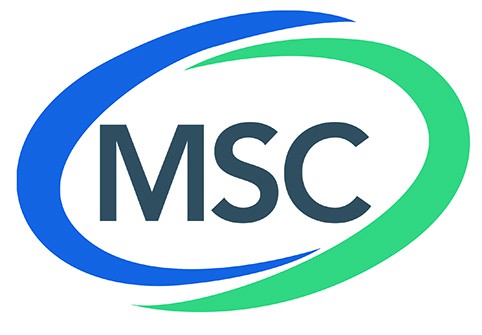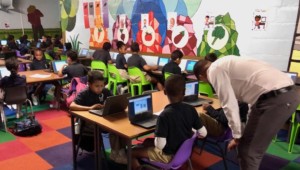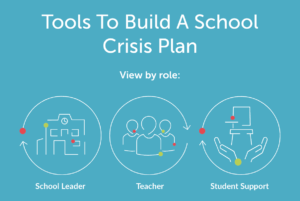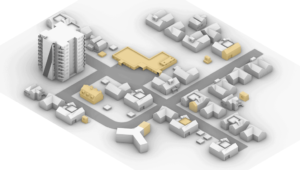7 Ways Smart Cities Attack Poverty

Seattle is known as the Emerald City. But, not everyone is seeing green.
Seattle is a great city with the lure of jobs and cultural attractions but it is an expensive place to live. Many families seeking affordable housing flock to South King County, creating the reverse of eastern and midwest cities–a relatively affluent urban core surrounded by very diverse low-income suburban cities.
We live, ironically enough, on Poverty Bay, a lovely elbow in the Puget Sound between SeaTac airport and Tacoma. The plateau above the waterfront communities often features stunning views of Mount Rainier. If you drive from one end of town to the other on a tree lined boulevard, you’d get the impression that it is a relatively affluent community. But suburban communities like this hide poverty better than big cities.
Two thirds of the students in local schools are of color and almost as many live in or near poverty–a big increase since I was a superintendent in the area during the 90’s. More than 120 languages are spoken by local families and many of them move frequently. Students that grow up in poverty experience traumatic stress; at school that can be tuned out, preoccupied, impulsive, distrustful, and nervous.
High need ring suburbs benefit from lower cost housing but they often lack transportation and the thick web of support developed over time in an urban core. Lured by cheap rent, suburban families become at risk when they miss a paycheck.
Having spent the last two years writing Smart Cities we observed seven ways cities counter the crippling effects of poverty:
- Affordable centrally located housing;
- Youth and family service support including food, clothing, and mental health;
- Strong schools and education services especially for struggling and nontraditional learners;
- Job training focused on employability;
- Access to quality early care and learning;
- Access to quality healthcare; and
- Encouraging family wage jobs.
One remarkable thing about South King County is that there is an organization making a big difference on the first four items on this list. The Multiservice Center (MSC) helps families find housing, runs a food and clothing bank, tutors struggling young people, and provides job training.
Join me and MSC on October 15, for the MSC Helps Luncheon at Emerald Downs in Auburn. I’ll be speaking on my mission of attacking poverty through education. It’s a great chance to learn more about MSC–and to fight poverty by supporting an organization whose work is crucial to the vitality of the Pacific Northwest.






0 Comments
Leave a Comment
Your email address will not be published. All fields are required.